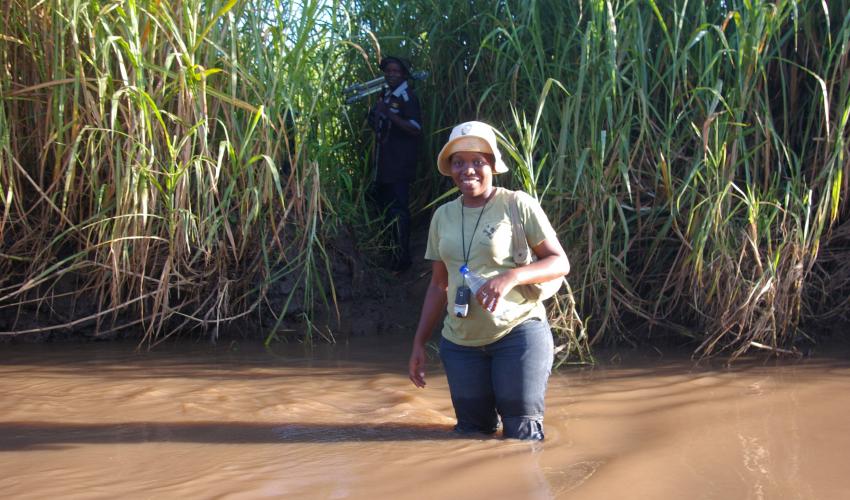Environmentalists to Hold Demonstrations to Raise Awareness on Thin Plastic Ban
Published on September 5, 2019 at 11:40 AM by FACE OF MALAWI
By Robert Kumwenda
Environmentalists are on the 27th of September expected to hold a public march to raise awareness to the general public on what it means about thin plastic ban.
This follows a judgment which was made on 30th July by the Supreme Court of appeal dismissing the stay order made by AERO plastics industries limited and plastic Manufacturers Association from the High Court restraining the implementation of the ban in 2016.
Tiwonge Gawa National Chair for World life and Environmental Society of Malawi (WESM) said the awareness march will include all stakeholders in the environmental sector.
She said the aim is to reduce and control the negative impacts associated with indiscriminate use and disposal of thin plastics and to encourage use of alternative environmental friendly products.
“In Malawi thin plastics are commonly used as carrier bags in local markets, retail shops and supermarkets and as secondary packaging for various products especially fresh products like meat, fish and fruits,” she said.
WESM National Chair said the reason for banning is to address pollution of open spaces, water sources and the environment in general clogging and damage to storm water, streams and sewer pipes.
Malawi government banned production, importation, commercial distribution and use of thin plastics less than 60 microns.
According to the study by Lilongwe World life Trust in 2019, plastics make up 8.5 percent of total waste generated in Malawi.
On 14th June 2018, the Court delivered a judgment dismissing the stay order, hence the Ministry of Natural Resources, Energy and Mining was allowed to resume implementation of the ban.
Subscribe to our Youtube Channel:



